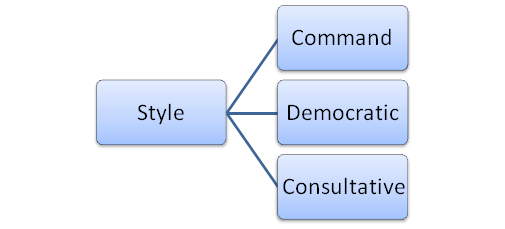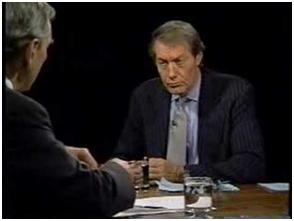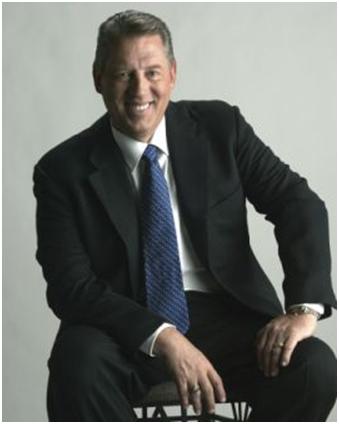 “Fear not those who argue but those who dodge.” – Wolfram Von Eschenbach
“Fear not those who argue but those who dodge.” – Wolfram Von Eschenbach
About Wolfram von Eschenbac: Wolfram von Eschenbac was a German knight and poet, regarded as one of the greatest epic poets of his time. As a Minnesinger, he also wrote lyric poetry.
Wolfram is best known today for his Parzival, sometimes regarded as the greatest of all German epics from that time. Based on Chrétien de Troyes’ Perceval, le Conte du Graal, it is the first extant work in German to have as its subject the Holy Grail. In the poem, Wolfram expresses disdain for Chrétien’s (unfinished) version of the tale, and states that his source was a poet from Provence called Kyot.




 “Whether you prevail or fail, endure or die, depends more on what you do to yourself than on what the world does to you. “—Jim Collins
“Whether you prevail or fail, endure or die, depends more on what you do to yourself than on what the world does to you. “—Jim Collins “Ordinary people with commitment can make an extraordinary impact on the world.”– John C. Maxwell
“Ordinary people with commitment can make an extraordinary impact on the world.”– John C. Maxwell

